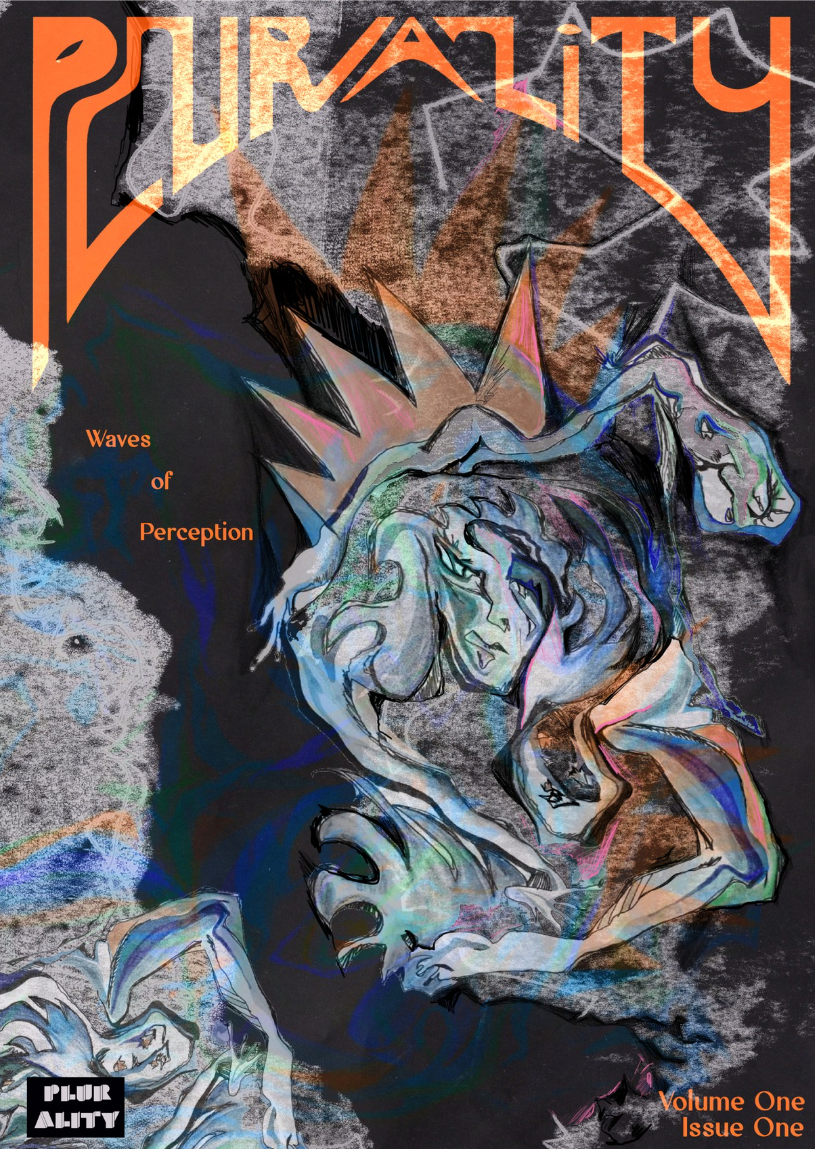Against Chrononormativity: How May a Concept of Queer Time Challenge Traditional Ideas of Historical Progress?
DOI:
https://doi.org/10.2218/plurality.10074Keywords:
Chrononormativity, Foucault, Queer Time, Historical Progress, Life CourseAbstract
If we, in modernity, define time as the standard by which we measure and organise the expected life course, as ‘linear, ordered, progressive, and teleological’ (Luciano, 2007:2), then queer discourse and experience can be seen to exist as oppositional to it. Historical progress is marked by heteronormative assumptions of the life course - regarding factors such as bodies, achievements, goals, and productivity - assumptions that queer communities may not always assimilate to. This essay aims to discuss how a concept of ‘queer time’, borne from this alienation and difference, can be seen to challenge traditional, heteronormative, and ‘western’ ideas of historical progress. To do so, it is important to consider further concepts, such as chrononormativity, grief, and activism, through contesting queer theories on futurity. Additionally, all arguments should contemplate intersectional applications, as what we define as ‘the queer experience’ continues to adapt and diversify.
Downloads
References
Crimp, D (1989), ‘Mourning and Militancy’ in October, Vol. 51, MIT Press, pp.3-18.
Duggan, L (2002) The New Homonormativity: The Sexual Politics of Neoliberalism
Edelman, L (2004), No Future: Queer Theory and the Death Drive, Durham: Duke University Press
Foucault, M (1996) Friendship as a Way of Life, In Foucault Live: Collected Interviews, 1961– 1984, edited by S. Lotringer, New York: Semiotext (e)
Freeman, E (2010), Time Binds: Queer Temporalities, Queer Histories, Durham & London: Duke University Press
Halberstam, J (2005) Queer Temporalities and Postmodern Geographies In a Queer Time and Place: Transgender Bodies, New York University Press, pp. 1-21.
Halperin, D (1995), Saint Foucault: Towards a Gay Hagiography, Oxford: Oxford University Press
Luciano, D (2007) ‘Tracking the Tear’ in Arranging Grief: Sacred Time and the Body in Nineteenth-Century America, New York University Press, pp.1-24.
Muñoz , J-E (2009), ‘Queerness as Horizon: Utopian Hermeneutics in the Face of Gay Pragmatism', in Cruising Utopia: The Then and There of Queer Futurity, New York: New York University Press, pp.19-32. Rifkin, M (2017), Beyond Settler Time: Temporal Sovereignty and Indigenous Self Determination, Durham: Duke University Press
Sappho, translations by Carson, A, (2002) If not, Winter: Fragments of Sappho, New York: Alfred A. Knopf
Sedgwick, E-K (1993) Tendencies, Duke University Press
Downloads
Published
Issue
Section
License
Copyright (c) 2024 Izzie Atkinson

This work is licensed under a Creative Commons Attribution-NonCommercial-ShareAlike 4.0 International License.






